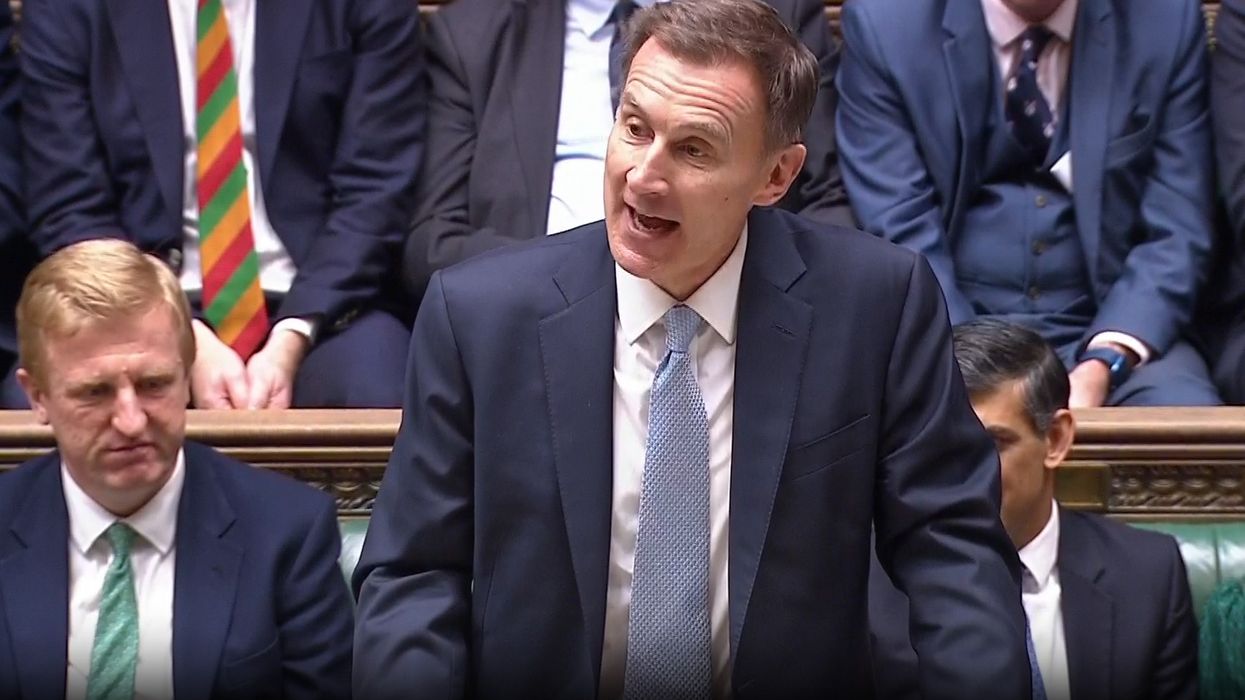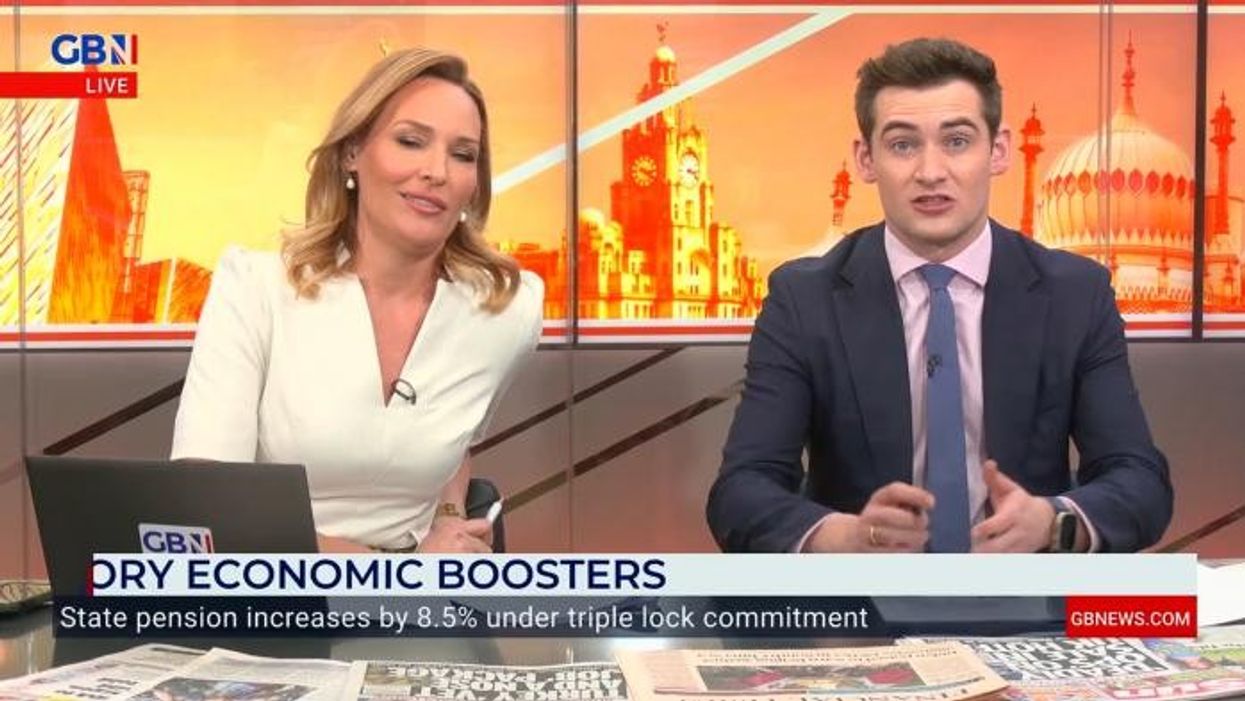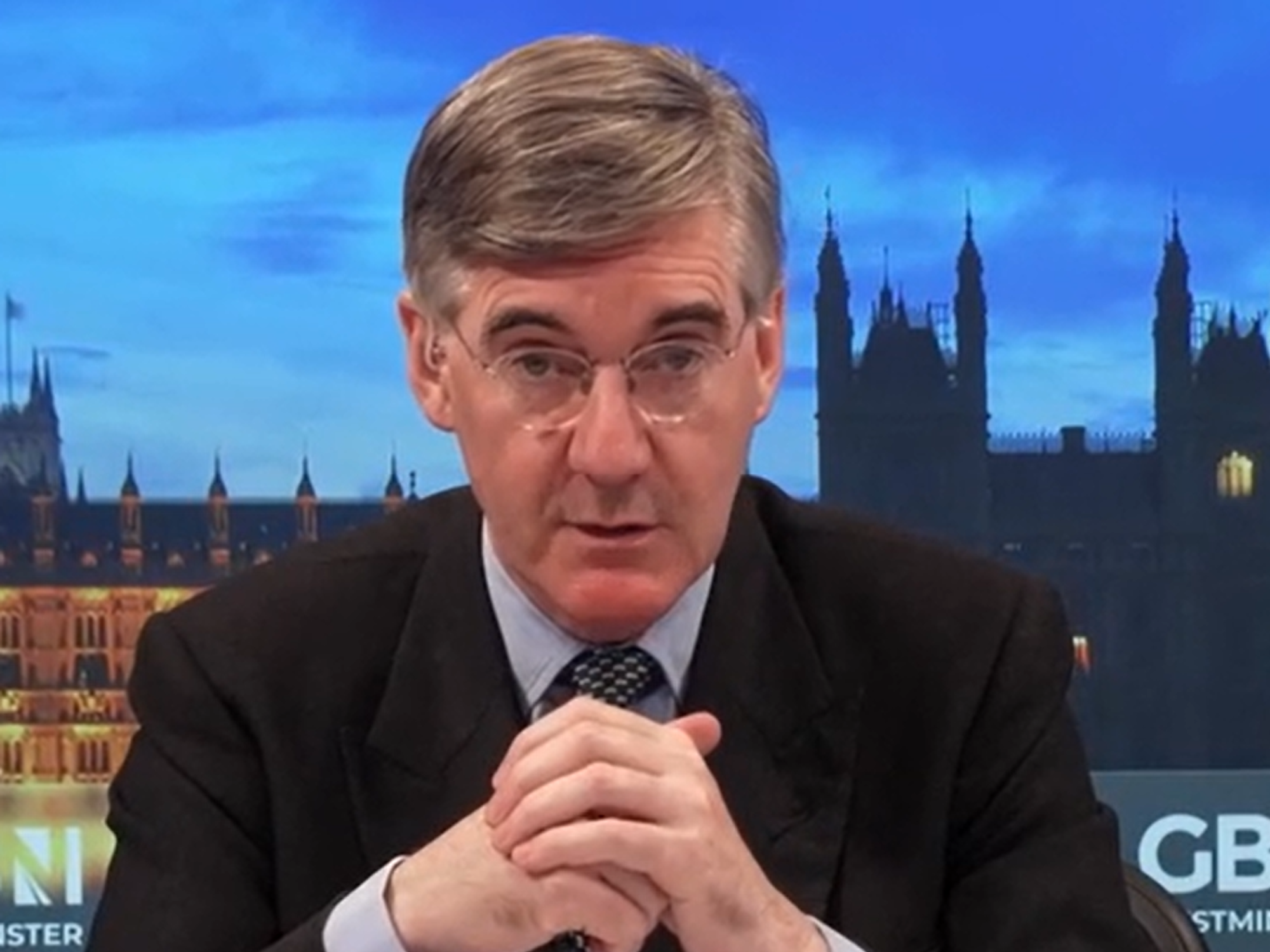'The state pension should be seen as a benefit, not a right' - opinion by Patrick O’Donnell

Future generations will not have a state pension of their own if we don’t address the funding issues immediately, writes Patrick O’Donnell
Don't Miss
Most Read
The future of the state pension will be on voters’ minds ahead of the next General Election, whenever it is eventually called.
Questions have been raised over the triple lock’s long-term viability and the impact of Jeremy Hunt’s decision to freeze tax allowances, which is affecting the incomes of working-age Britons and pensioners.
Pensioners in the UK, and those preparing to retire, are understandably concerned about how payments will be funded in the years to come.
Despite this growing anxiety, policymakers need to be honest: the state pension is a benefit, not a right. This is how the retirement payment is described in the Pensions Act 2014.
Unlike other benefits provided by the DWP, the state pension is not means-tested which means it is available to anyone who reaches retirement age regardless of their income.
This is vastly different from the other benefits, such as Universal Credit, where eligibility is dependent on someone’s job and how much cash they have in the bank.

Future generations of pensioners will lose out if we don't act now, writes Patrick O'Donnell
|GETTY
Maybe it is time to explore what means-testing of the state pension would look like, albeit hypothetically.
Yes: Britons work hard to get the 35 years of National Insurance contributions that are usually needed to be entitled to the full new state pension.
Despite this, the public needs to face the reality that the current model in place to pay for the state pension is simply unsustainable.
Estimates from the Institute for Fiscal Studies (IFS) suggest that triple lock spending by 2050 will be within a ridiculous range of £5billion to £45billion.
This is indicative of the uncertainty around the state pension’s cost which means it's even harder for the Government to budget accordingly for people’s retirement.
Under the triple lock, the benefit’s payment rate goes up by either the rate of inflation for September, the rate of average earnings for May to July or 2.5 per cent; whichever is higher.
Amid the cost of living crisis, the UK has been saddled with relatively high inflation, which resulted in state pensions being awarded a 10.1 per cent increase last year.
This is an extraordinary expense for the taxpayer.
Now, I believe Britain's elderly deserve to live a retirement of dignity. Dignity requires money.
But, at the rate the country is going, there will be no money left to spend on state pensions for years to come.
Other countries, such as Canada and Denmark, have multi-faceted pension systems in place with a basic payment in place but with means-tested supplemental amounts.
LATEST DEVELOPMENTS:

Jeremy Hunt has kept the triple lock in place
| PAIn Canada, pensioners receive a universal flat-rate benefit, which is boosted with an income-tested benefit, as well as various earnings-related public schemes.
Future generations in retirement are not likely to have the same asset wealth as their parents and grandparents which, I think, suggests drastic reform of the UK’s pension system is needed as soon as possible.
There will no doubt be uproar if the triple lock is axed but the state pension needs to be overhauled if it is to remain viable.
It is time to treat the state pension as the benefit it is and not the "right" that we want it to be.











